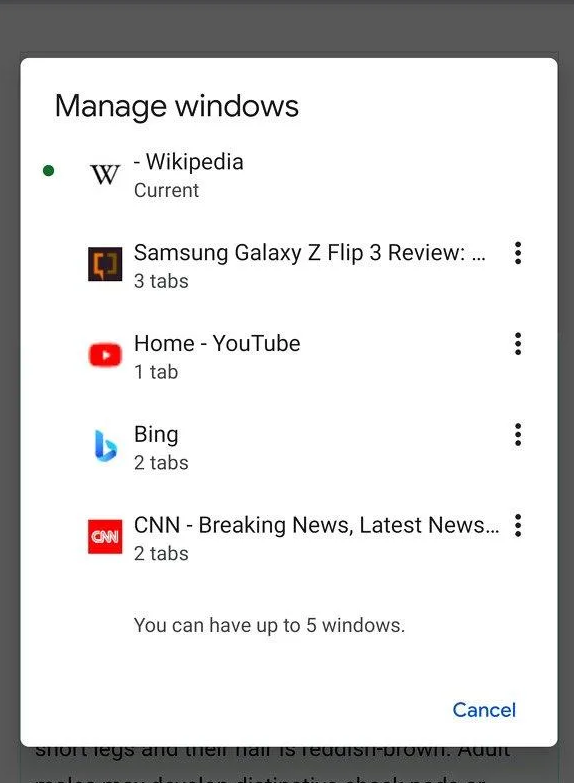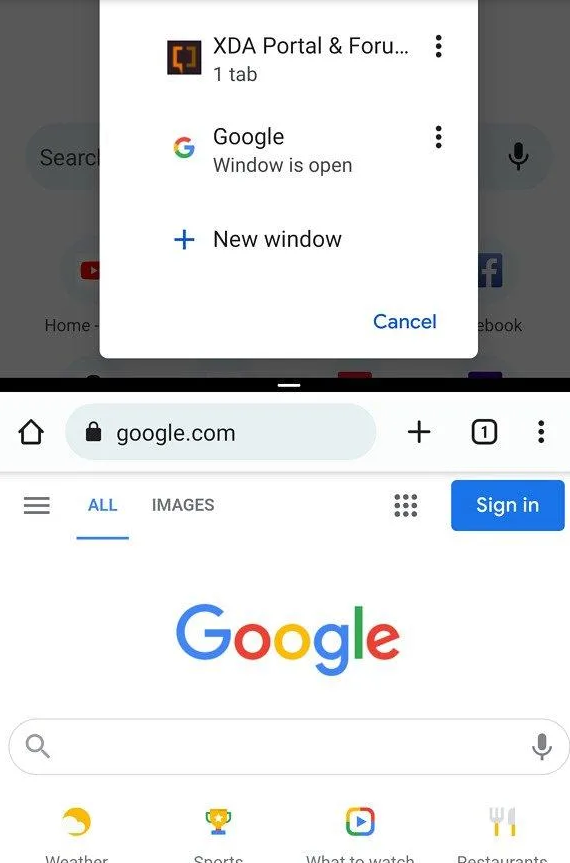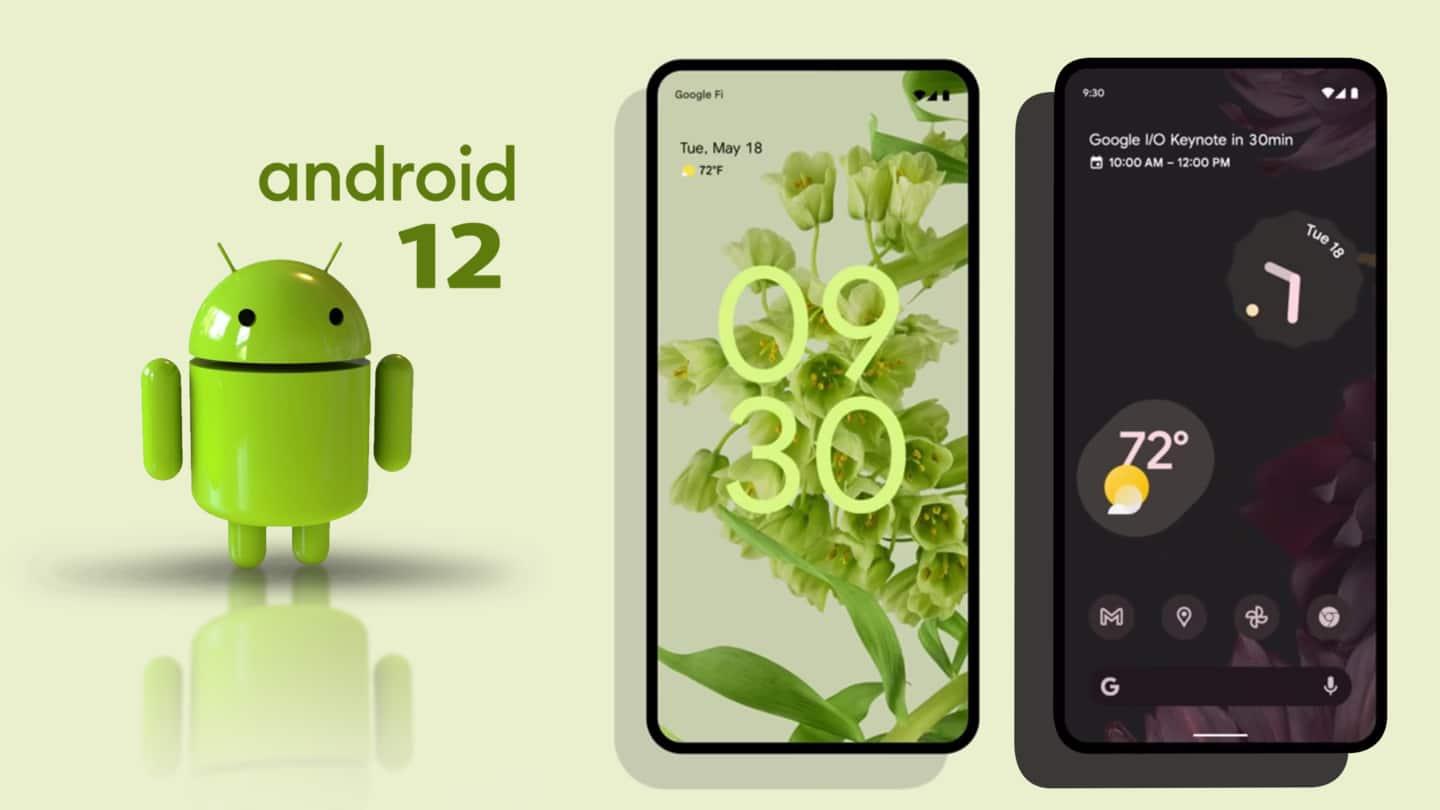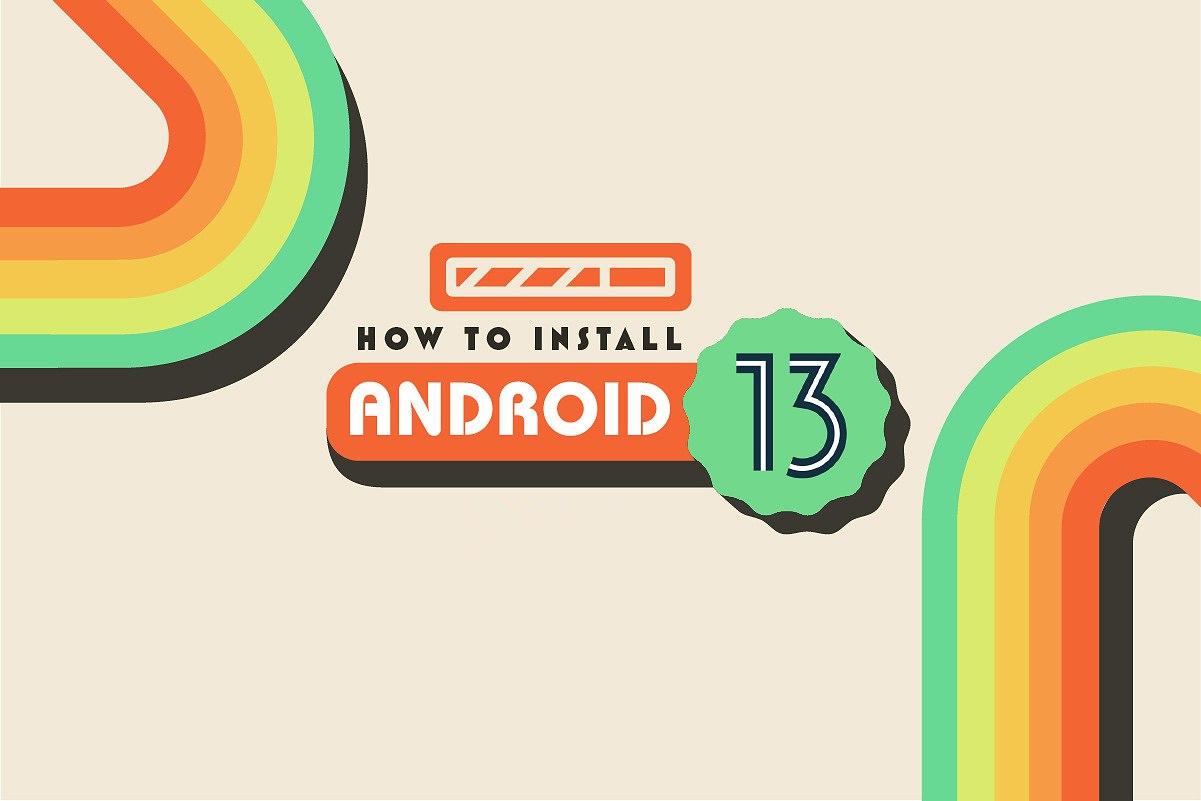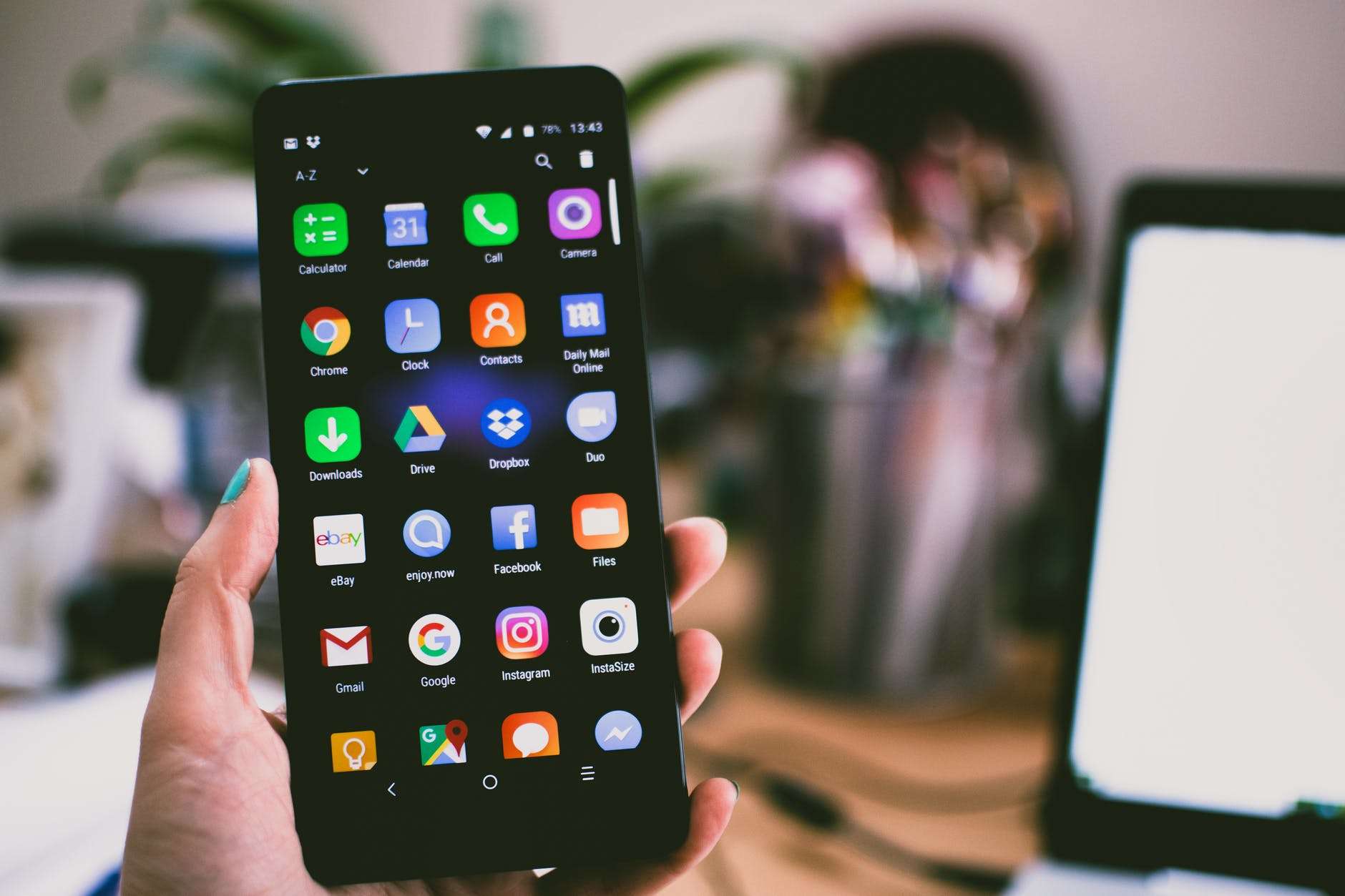At the Google Developers Conference on May 19 this year, Google officially launched the Android 12 native system. With the upcoming launch of the official version of Android 12, its new features have also become the focus of attention of the majority of Android users. According to the latest news, Android 12 will remove the restriction that each APP can only be run individually.
According to reports, Google is currently removing the restriction that each application can only run “one” in the upcoming Android 12, and will first start with the Chrome browser, allowing users to run up to 5 browsers at the same time.
As the performance of smart phones is becoming more and more powerful, the processing ability of tasks has been greatly improved, but due to the limitations of the previous system, we can only open one when using a software.
The drawbacks of this restriction have gradually emerged. For example, more and more users now need to process multiple applications and accounts at once, but due to this restriction, they can only choose to switch accounts continuously.
In order to facilitate the daily life of users, some manufacturers have introduced a function that supports “dual opening of applications”, but this function is currently mainly used for social programs and some communication applications.
Well-known media revealed that changes in the source code were found in both Chromium and Android.
In the development version of the mobile browser, you can see that Google has introduced an experimental Flag to turn on the power user function. Once enabled, users will be able to “move” a tab to another window, creating a separate Chrome. And this “multi-instance” feature will allow up to five Chrome to run at the same time, and there are no restrictions on this feature.
Whether the user is running side by side in split screen mode or just hanging in the background, the application can work perfectly, and each window can see the label you need. And in the Android recent application overview will also prompt each window as a separate directory.
The launch of this major feature will once again shorten the gap with iOS, and strengthen its own openness. And mobile phone manufacturers will definitely retain this feature and continue to their own systems based on Android 12.
